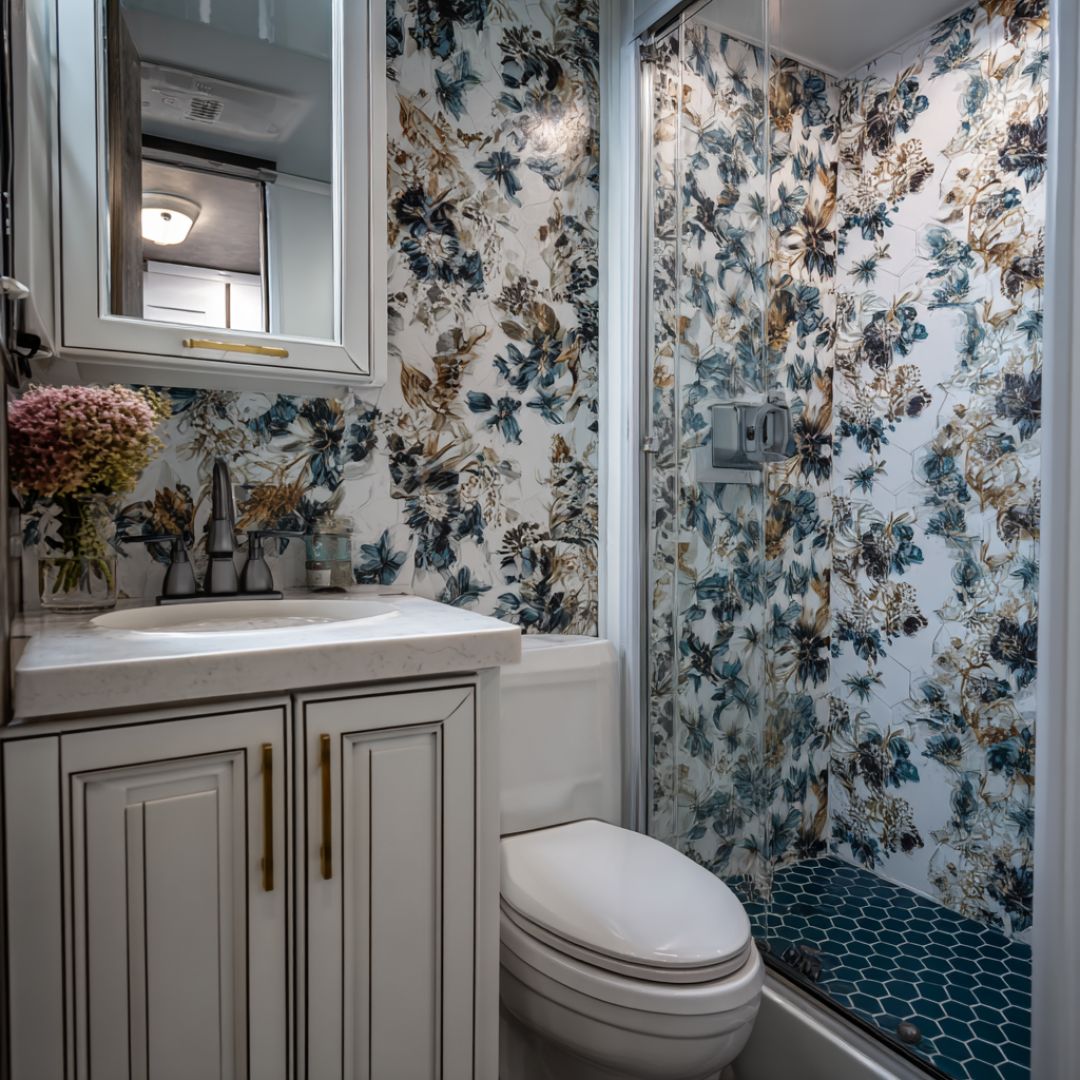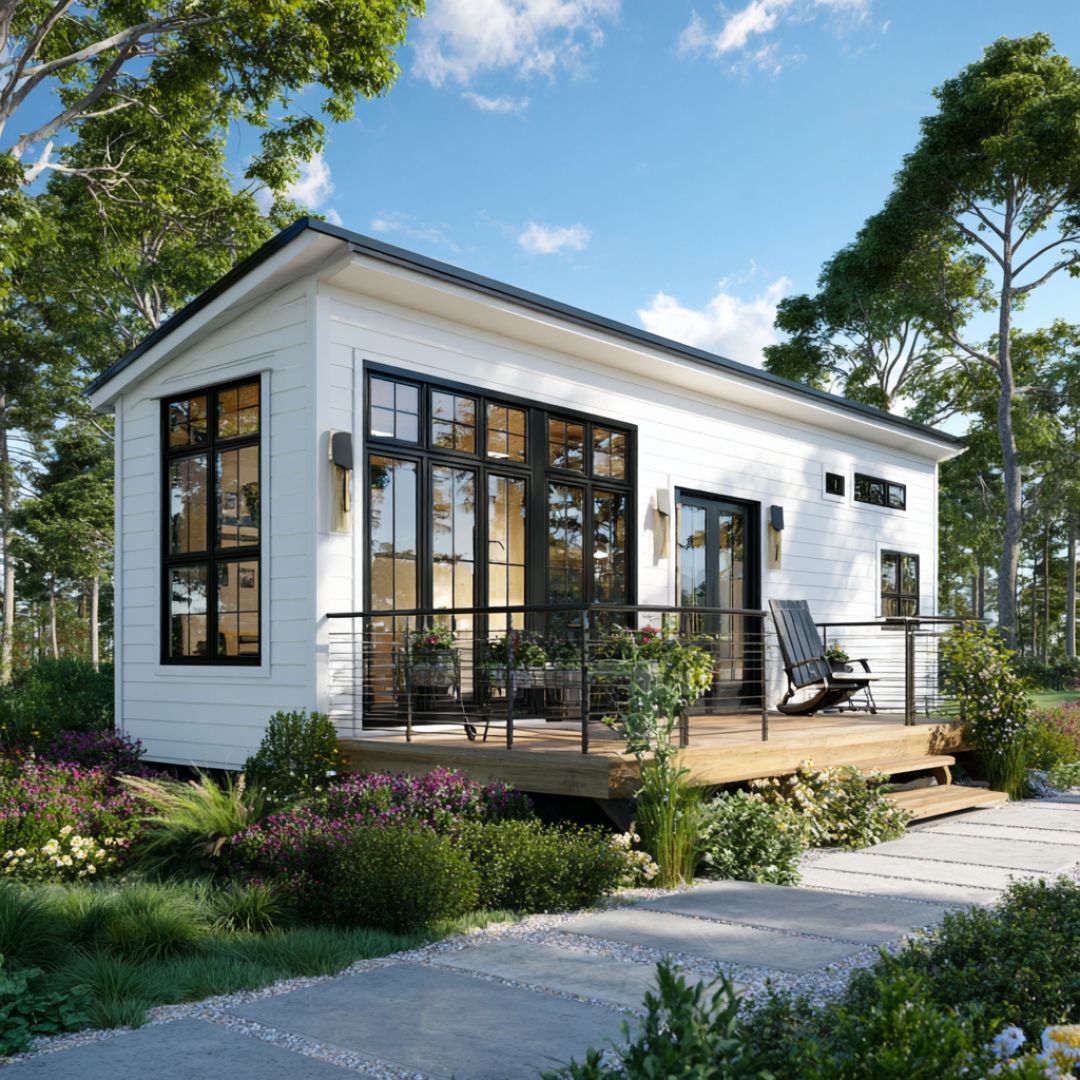Sophie stared at the crumpled five-dollar bill in her hand, the last of what she owned. Once it had been rent money, groceries, and a sense of stability. Now it was all that stood between her and nothing. She had lost her job months earlier when the restaurant where she worked closed. Despite endless applications, rejection followed rejection, and her savings dissolved. First went the extras, then the basics, and finally the small apartment that had been her sanctuary.
She carried her life in a single backpack, moving from bus stops to shelters, her days filled with the gnawing fear of what would come next. Nights were harder still. She lay awake, listening to the world outside, whispering to herself: Just one break. Just one chance to start again.

That break came in the most unexpected way. One evening, while standing in line at a soup kitchen, Sophie struck up a quiet conversation with a man beside her. His name was Daniel, a retired builder who volunteered there often. When Sophie shared her story, embarrassed but honest, something in his eyes shifted. The next day, Daniel returned with news that seemed impossible: he and a group of friends were finishing a tiny home as part of a community project. He wanted Sophie to have it.
At first she couldn’t believe him. A home? For her? With only five dollars in her pocket, she had resigned herself to surviving day by day. But Daniel pressed a key into her palm and said, “It’s yours now.”
When Sophie arrived at the small woodland clearing, she froze. Before her stood a tiny house glowing golden in the late afternoon light. Its cedar siding gleamed, flower boxes spilled with color, and a narrow porch framed the front door. Birds darted through the trees, as if to welcome her.
Her hands trembled as she turned the key and opened the door.
Inside, the house was pure magic. Wide windows bathed the room in soft light, warming the cream-colored walls and polished wood floors. A loft bed sat tucked beneath a sloping ceiling, draped in thick quilts that promised rest she hadn’t known in months. Below, a cozy sofa faced a wood-burning stove, its iron surface shining with promise.

The kitchen made her eyes sting with tears. A farmhouse sink stood beneath the window, marble-patterned counters stretched across the room, and shelves were already lined with dishes and pots. In the corner, a small dining nook with two chairs waited for laughter and meals to return.
The bathroom felt like luxury beyond measure. Elegant tiles lined the shower, a skylight above poured in daylight, and every detail gleamed with care. Sophie reached out to touch the sink, needing to feel that it was real.
But what moved her most were the small touches. A vase of fresh flowers on the table. A soft rug by the stove. And a handwritten note that read: Welcome home, Sophie. You are safe now.
She collapsed onto the sofa, clutching the key in her hands, tears streaming down her face. That crumpled five-dollar bill in her pocket suddenly seemed like a relic of another life. For the first time in years, she wasn’t thinking about survival. She was thinking about living.
In the weeks that followed, Sophie transformed. She filled the shelves with books from the library, cooked warm meals in her kitchen, and planted herbs on the porch. Each morning, she woke to sunlight pouring across her bed and the sound of birds in the trees.
The tiny home was more than shelter—it was a miracle born of kindness. For Sophie, it was proof that even when everything is gone, hope can still walk in, hand you a key, and open a door to magic.


Leave a Reply